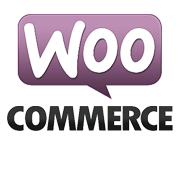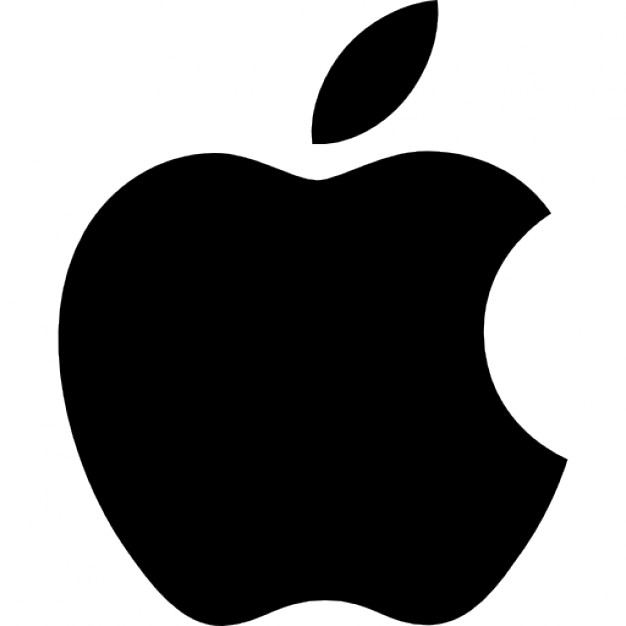How I Started A Successful Side Business Cleaning Animal Skulls
Hello! Who are you and what business did you start?
I'm Carla Brauer, the founder and owner of Dermestidarium. My business uses flesh-eating beetles (yes, you heard that right!) to clean animal bones for display.
Those pristine looking skeletons you see in museums or bright white skulls hanging from walls didn't get to look that nice without a little help, and that's where I come in.
Most of my clients are hunters who use my service to preserve the skull of an animal they harvest as a memento of their hunt, but I also frequently work with pet owners who want to memorialize their beloved pet after they pass away by keeping their skull, other special bones or even the whole skeleton. I've also worked with museums and educational institutions, and when I find the time I clean up some skulls for retail sales.
My business started as hobby, and I didn't have high hopes of turning it into a business. One of the first people I told about my idea told me I was crazy, and that no one would ever pay me to clean skulls. But over time word spread about what I was doing and more and more people asked to hire me. What started as a hobby grew into a busy side-hustle, and more...

Download the report and join our email newsletter packed with business ideas and money-making opportunities, backed by real-life case studies.

Download the report and join our email newsletter packed with business ideas and money-making opportunities, backed by real-life case studies.

Download the report and join our email newsletter packed with business ideas and money-making opportunities, backed by real-life case studies.

Download the report and join our email newsletter packed with business ideas and money-making opportunities, backed by real-life case studies.

Download the report and join our email newsletter packed with business ideas and money-making opportunities, backed by real-life case studies.

Download the report and join our email newsletter packed with business ideas and money-making opportunities, backed by real-life case studies.

Download the report and join our email newsletter packed with business ideas and money-making opportunities, backed by real-life case studies.

Download the report and join our email newsletter packed with business ideas and money-making opportunities, backed by real-life case studies.































